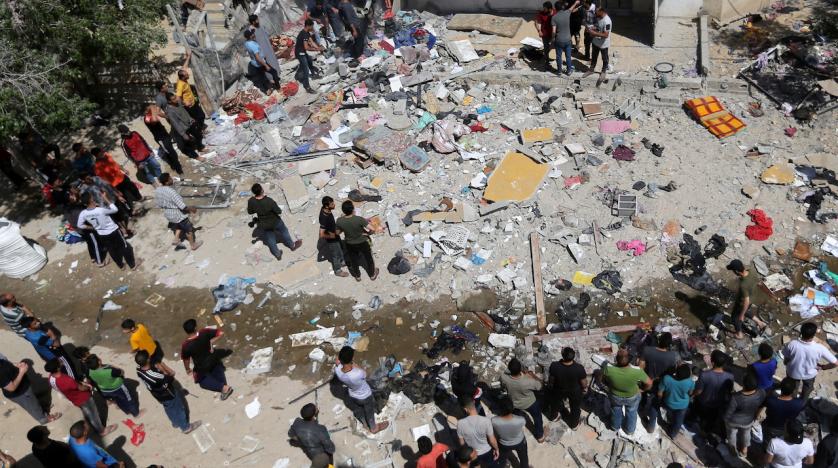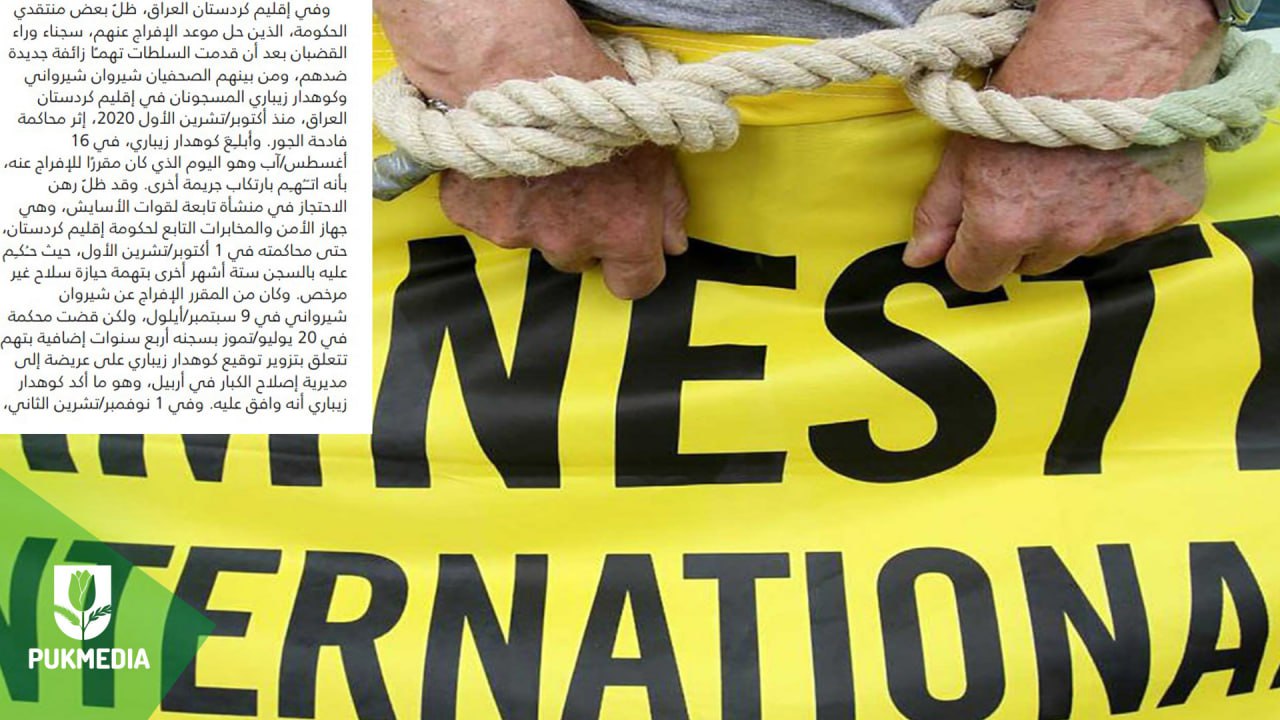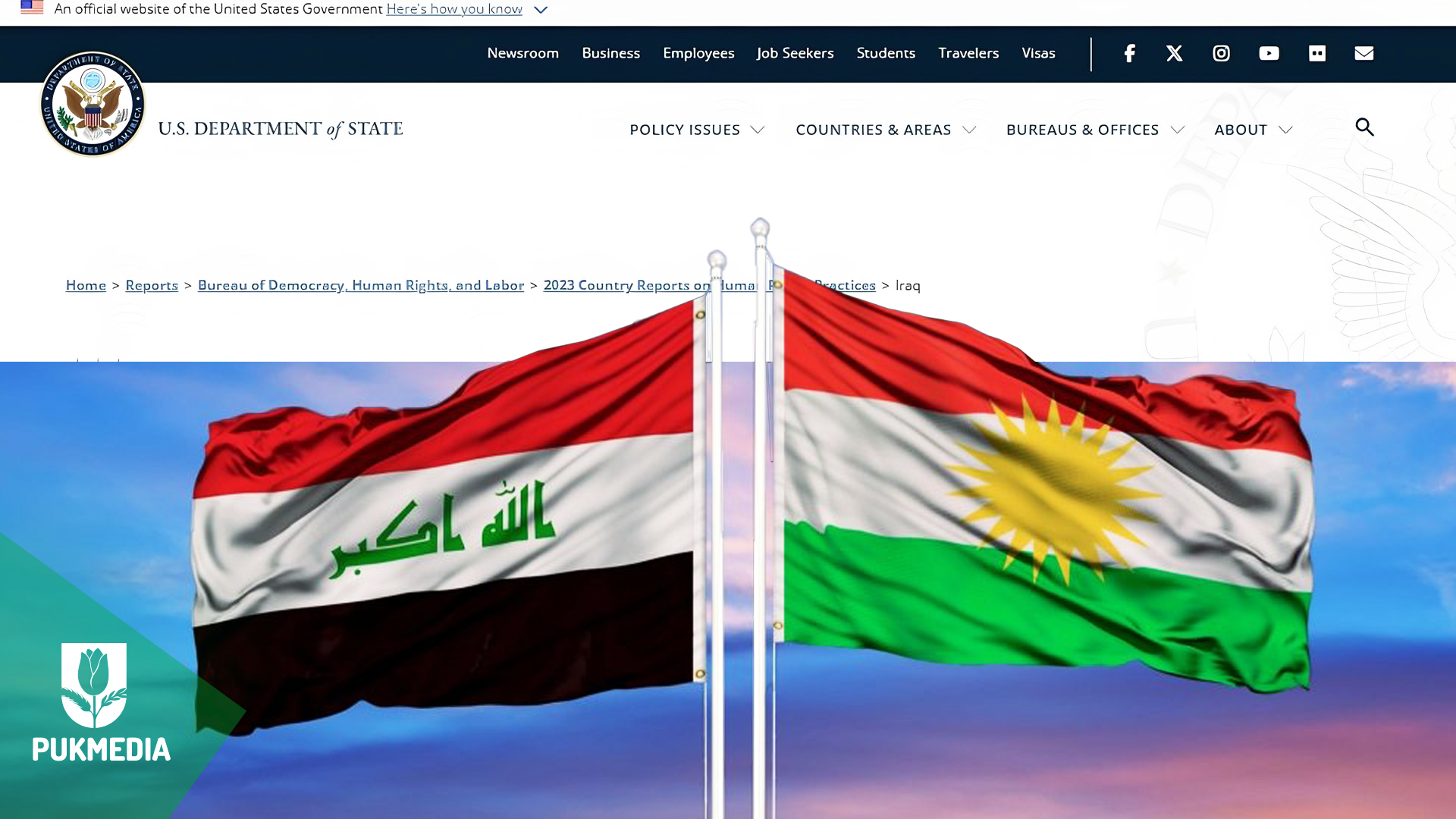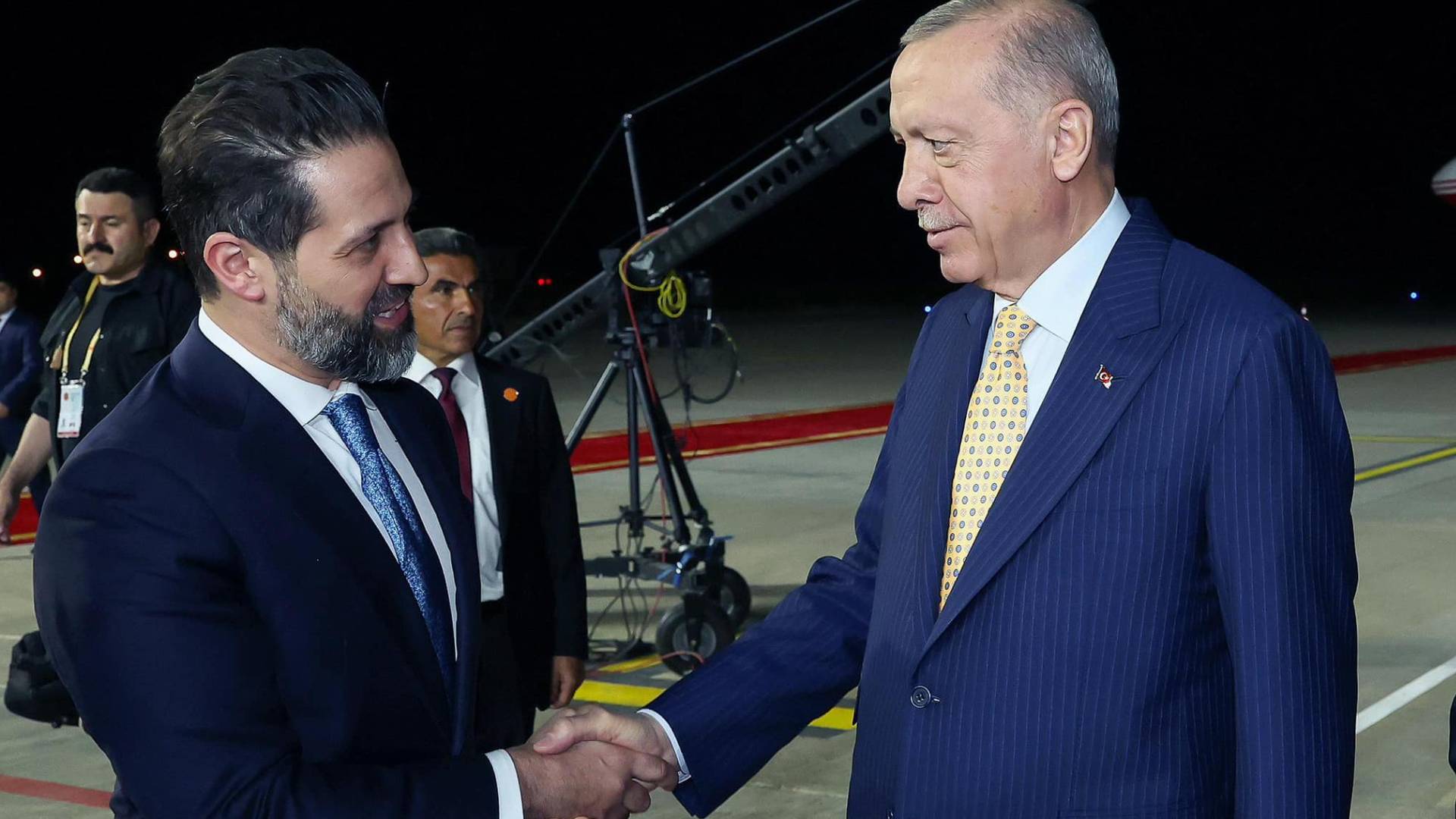Dennis Ross: Biden Must Manage the Israeli-Palestinian Conflict
World 06:22 PM - 2021-06-03
Photo credit: Reuters
The United States seeks to rearrange its foreign priorities by reducing its level of involvement in the Middle East and focusing more on Asia to face the challenges posed by China.
However, regional issues, namely the Palestinian issue, remain a major element that needs a more US role to prevent worse options at higher costs.
Veteran US diplomat Dennis Ross said in a report published by the "National Interest" magazine that the Middle East has a way of imposing itself on American presidents and their administrations, which is evident with President Joe Biden.
Ross was involved in the Middle East peace process during the administrations of both George W Bush and Bill Clinton and worked closely with Secretaries of State James Baker, Warren Christopher, and Madeleine Albright. He also served as a special assistant to former President Barack Obama and a special advisor to former Secretary of State Hillary Clinton.
He indicated that with six phone calls to Israeli Prime Minister Benjamin Netanyahu and calls with Palestinian President Mahmoud Abbas, and Egyptian President Abdel Fattah el-Sisi, Biden understood, whatever his hopes, that his involvement was necessary to help produce the ceasefire.
He noted that a trip to the Middle East had not been on the agenda of Secretary of State Antony Blinken at the time. However, Blinken felt the need to go to the region to try to “bolster the ceasefire, address humanitarian and reconstruction needs in Gaza, and establish a diplomatic track for managing Israeli-Palestinian relations and recommitting to a two-state for two peoples’ outcome.”
“As someone who negotiated with the parties for decades, I know that each of these tasks contains its own challenges. Ironically, the least difficult one is bolstering the ceasefire,” according to Ross.
He admitted that a ceasefire only meant to stop the firing of weapons, but “the fact is that both sides had reason to stop.”
Hamas was paying a severe price in terms of its military infrastructure, noted Ross, adding that it had already achieved what it set out to do: “Impose a price on Israel in response to events in Jerusalem” and make Hamas more the focal point of the Palestinian cause than the Palestinian Authority in the West Bank.
The former diplomat indicated that Israel had also succeeded militarily in what it was largely going to achieve with air attacks.
“It had destroyed Hamas rocket producing facilities and a critical part of its network of tunnels that protect Hamas weapons, fighters, intelligence means, and even some of its commanders.”
He explained that any additional strike would, at best, yield diminishing returns at a time when international public opinion was already turning powerfully against Israel.
However, Ross noted that ceasefire doesn’t necessarily happen without a mediator and outside intervention, and Egypt and the Biden administration played that role creating a cover, pressure, and an explanation for both.
Ross asked about addressing humanitarian needs and reconstruction, stressing that there is a “profound need for reconstruction, with an additional 77,000 Gazans homeless and infrastructure generally, and water and sewage in particular, in desperate need of repair and rebuilding.”
The real challenge, according to Ross, is how to reconstruct Gaza and not have Hamas divert the materials for its rearmament.
He admitted that it won’t be easy, referring to a similar attempt that was made following the conflict in 2014, using the Gaza Reconstruction Mechanism, which failed.
Some of the pledges for reconstruction monies were not fulfilled, but that was at least in part because of the failure to prevent the diversion of materials and Hamas’ military build-up, according to Ross.
He stressed the need for an international effort, best mobilized by the US, to raise the funds and put in place an international mechanism to oversee what comes into Gaza, its movement to warehouses, and then its end usage at construction sites.
Also, he indicated that Egypt could play a crucial effort on the border, and it can, with international assistance, transform the Rafah crossing, to a central node along with crossings from Israel for thorough screening of all materials coming into Gaza.
“All trucks conveying the materials would have designated routes and need to be equipped with GPS tracking devices and all the warehouses for the incoming materials would need cameras for 24/7 monitoring.”
Ross believes Hamas will resist this, but if so, the issue will become one of reconstruction for Gaza versus rearmament for Hamas.
He concluded that if the past few weeks prove anything, it is that the Palestinian issue can’t be ignored.
PUKmedia / Asharq Al-Awsat
More news
-
German Forces Commander Ended his Mission at Mam Jalal's Grave
12:28 PM - 2024-04-23 -
Golden Bla Awards Ceremony Takes Place in Sulaymaniyah
11:32 AM - 2024-04-23 -
PUK Official: PUK is Committed to Holding Elections on Time
11:04 AM - 2024-04-23 -
Turkish President Meets Kurdish Officials in Erbil
10:42 AM - 2024-04-23
see more
U.S. State Department Mentions the Deterioration of Journalists' Rights in Iraq & Kurdistan
06:48 PM - 2024-04-25
10 Notable Individuals Receive Golden Bla Award
09:27 PM - 2024-04-23
DPM Talabani Asks Turkish President to Lift Ban on Sulaymaniyah Airport
11:43 AM - 2024-04-23
Iraqi & Turkish Presidents: Problems Should Be Resolved Through Dialogue
05:00 PM - 2024-04-22
Most read
-
U.S. State Department Mentions the Deterioration of Journalists' Rights in Iraq & Kurdistan
Reports 06:48 PM - 2024-04-25 -
Another International Report Mentions Kurdistan's Limited Freedom
Reports 09:24 PM - 2024-04-25





.jpg)
 Application
Application


